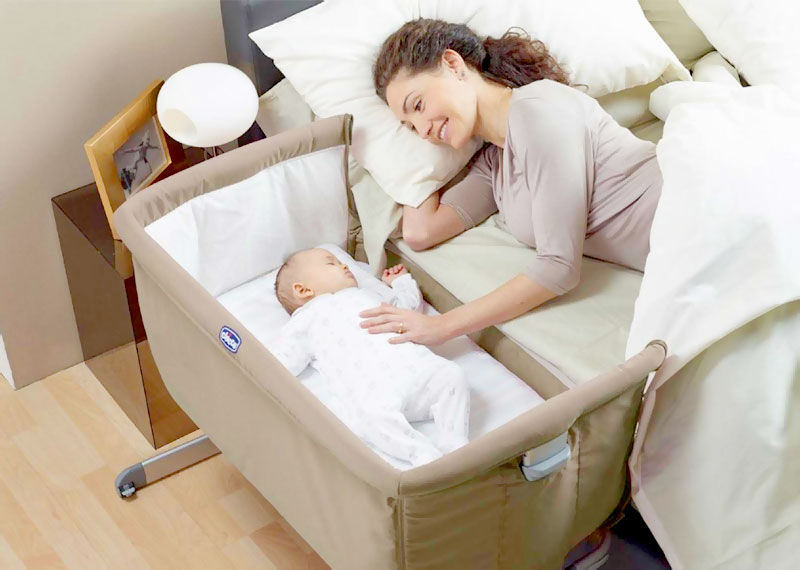
The baby room is prepped, and you’ve gotten the essentials to welcome your new-born. But, you have that nagging feeling at the back of your head that you’ll screw up.
Not everyone is skilled to be a good parent and it is okay to feel momblogs like you don’t have everything in control. Even if you stumble upon the holy grail of parenting dos and don’ts, there is no ‘one size fits all’ method. To ease the burdens of parenthood, below are 5 useful tips to follow!
1) How to put your Baby to Sleep?
Your little one will spend their first few months getting a lot of sleep. By a lot, we’re looking at 16 to 20 hours a day. A baby’s sleep routine tends to alter every couple of weeks within the first year. In an ideal world, the baby sleeps when the parents sleep. But, that’s not always the case as your little munchkin will start waking up at 3am. Nevertheless, it is manageable by knowing your baby’s signs of sleepiness and sleeping patterns by spending some time with your bub before bed. As your child is a little older, its best to stick to the 3B’s routine – Bath, Book, Bed. When in doubt, don’t be afraid of asking for help from GPS, friends or parent support groups.
2) How to Breastfeed?
For some first-time mums, breastfeeding can be done effortlessly but for many others it can be also a frustrating process. If you experience nipple pain, your baby is not latching on properly. To prevent this, a good method is to find the best breastfeeding position and make yourself as comfortable as possible. Also, it is ideal to start breastfeeding as soon as your baby is born. Do not fret if you feel nipple sensitivity as it is very common for mum’s breastfeeding for the first time.
3) Give Attachment Parenting a Go
The best way for first-time parents to follow their instincts is through Attachment Parenting. This parenting philosophy focuses on maximising the bond between parent and baby. Typically, this method encourages breastfeeding on demand, responding sensitively to baby’s cries, co-sleeping, wearing your baby, etc. A lot of these have to do with understanding and being responsive to your child’s emotional and physical needs.
4) Accept Advices, but Stick to What Works
There will be people telling your parenting method is wrong, but its best not to stress over it. Always remember that you are the primary expert of your baby. Be open to advices but stick to what works best for you and your baby. Also, it is important to get those worries out. A husband and wife should openly communicate about their struggles together. By simply talking about the problems, it can put things into perspective.